One thing that’s absolutely certain about life is its uncertainty. Most of us are ignorant when it comes to preparing for the inevitable. Especially during medical emergencies, there can be drastic consequences if there’s no effective living will for patients. It’s said that necessity is the mother of invention and seeing this gap in the medical space, Paul Brandenburg founded DIPAT in 2015.
The German startup is said to be the first online system that enables patients to independently create their own effective living will. With offices in Leipzig and Berlin, the company is also a new participant in the EIT Digital Accelerator, which supports European digital technology ventures to scale up their business in Europe and beyond. Recently, we conducted an interview with Paul Brandenburg to understand how the startup functions, their funding plans, and more. Apart from being the founder of DIPAT, he’s also a board member of the company. He also recently founded a lobby group, Spitzenverband Digitale Gesundheitsversorgung, an association committed to establishing digital health applications in the German health system.
Silicon Canals: Let’s start at the very beginning, how did it all start for you and DIPAT?
Paul Brandenburg: Before DIPAT, I worked as a physician in surgery and emergency medicine for 11 years where I repeatedly witnessed drastic consequences of not having to present an effective living will for patients during medical emergencies. To change this situation, I developed the first online system enabling patients to create their medically precise living will independently.
Further, to make this innovation widely accessible, I founded DIPAT in 2015 along with Jan Brandenburg and Christian Müller. In 4 years, we are one of the leading medical online services for effective living wills in Germany. About 74% of all Germans currently want to make provisions with a living will, but more than 90% of previous living wills are proving to be ineffective. So now, we’re closing a serious healthcare gap in Germany.
Silicon Canals: What do you consider to be your greatest achievement so far, and which hurdles did you have to clear to achieve them?
Paul Brandenburg: Since our app went live, we now have around 15,000 users, which is a great success for us. Regarding challenges, we analysed that anyone who creates an online living will face two potential hurdles. Firstly, what should happen to a person in case of a medical emergency? Which is a very sensitive topic, connected to anxiety.
Secondly, online medical services are not yet widespread in Germany, and most importantly, German citizens are used to the fact that the mandatory public health insurance fully covers all “normal” health services.
Hence, it becomes challenging for German e-health services to convince customers to pay for their product. However, we met these calls constructively by offering high-quality, search engine optimised information online, and working together on-site with partners such as statutory and private health insurance funds. In this way, we pulled customers who are interested in the subject.
Silicon Canals: What has been the greatest advice anyone has given you since starting your company?
Paul Brandenburg: In 2016, we participated in the 6-month SpinLab accelerator program, an HHL Accelerator scheme run by the HHL Leipzig Graduate School of Management. It was a big step for us; we got tremendous support from them, entrepreneurial know-how and found ideal investors. SpinLab changed the course of history for DIPAT. Then, there also that one piece of the most important advice: never give up.
Silicon Canals: What were the main reasons for joining the EIT Digital Accelerator? What are you hoping to get out of it?
Paul Brandenburg: By joining EIT Digital Accelerator, we aim to establish ourselves in the international healthcare market. The leading accelerator’s support will enable us to increase our visibility in the European innovation ecosystem significantly. Thereby, we aim to expand our business contacts, attract new international investors and establish European partnerships. In particular, we strive for cooperation with international statutory and private health insurance funds, as well as insurance companies.
Silicon Canals: What are your plans for the future? Are you looking for external funding?
Paul Brandenburg: Our primary objective is to establish DIPAT – as an e-health service – and as a regular part of health services recognised and covered by European health insurances. By 2020, Germany is expected to witness significant developments in this field, thanks to a new law (Digitale Versorgung Gesetz).
Another important aspect of our long term development is the expansion of our product portfolio. DIPAT will soon introduce a more extensive array of services that will enable users to create all kinds of provisionary documents that fulfil medical and/or legal needs. In the end, we want to empower everyone to get medical and legal self-determination done. We aim to do this by delivering 24/7 real-time, state of the professional art consultation – for a quality, price, and ease of use that can be made possible only by digitisation.
This article is produced in collaboration with EIT Digital. Read more about our partnering opportunities.



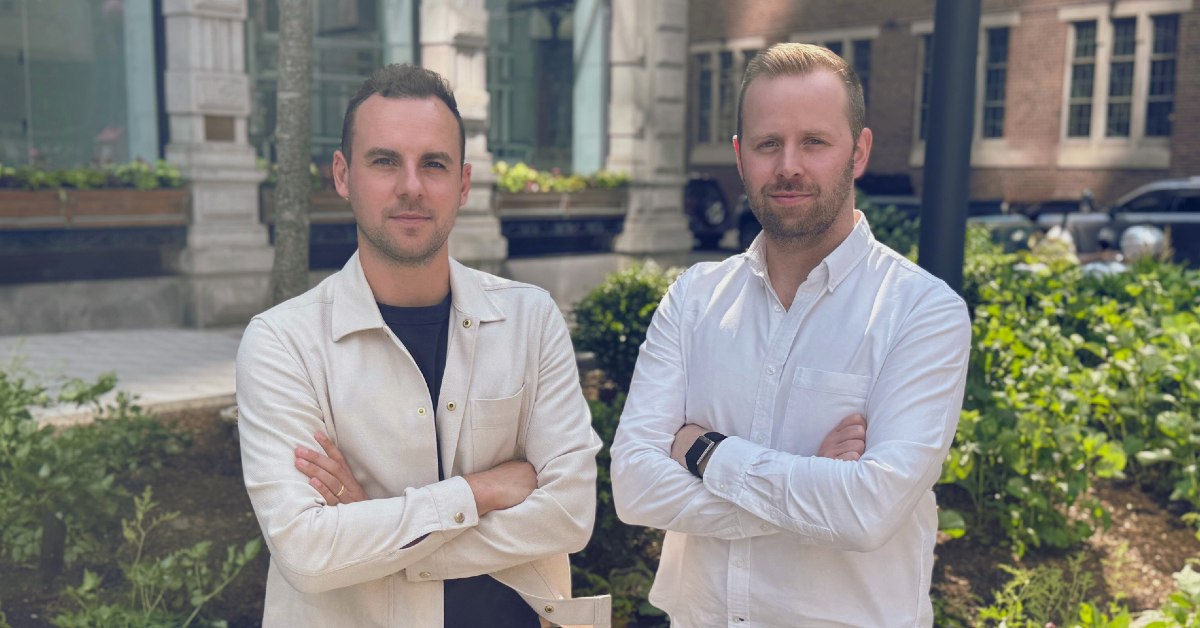
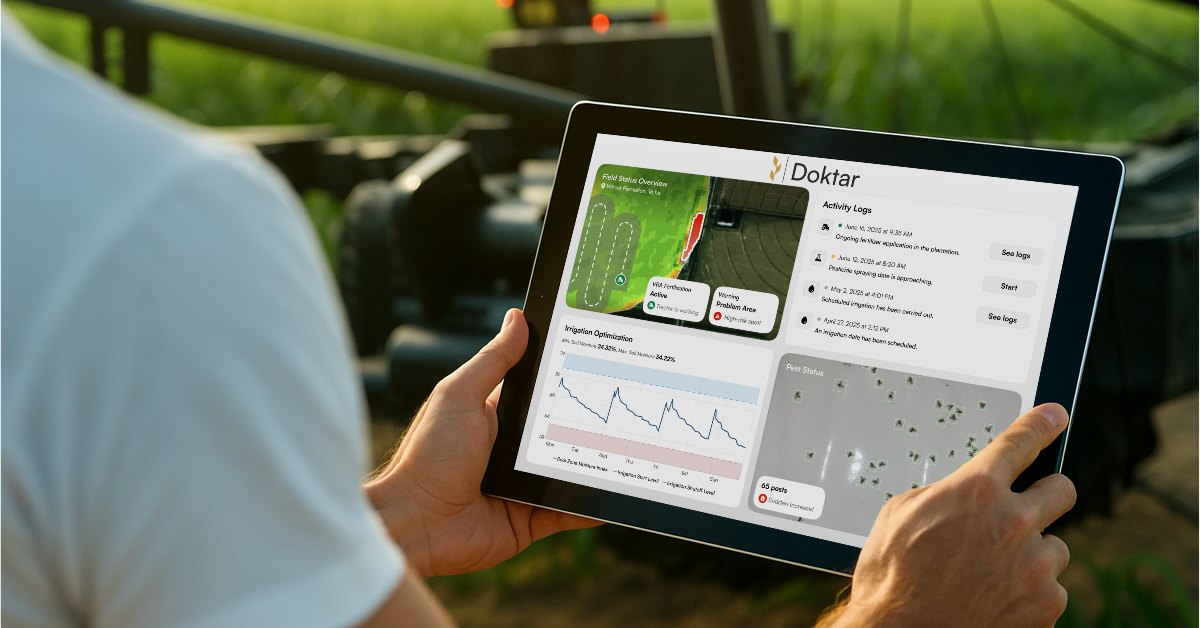
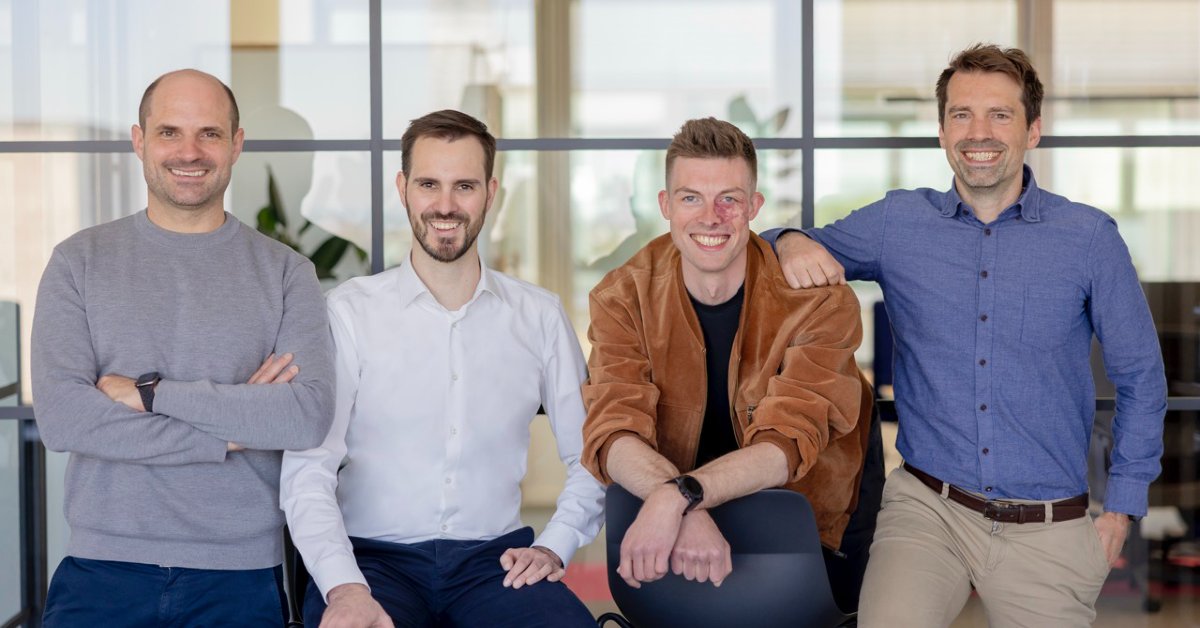
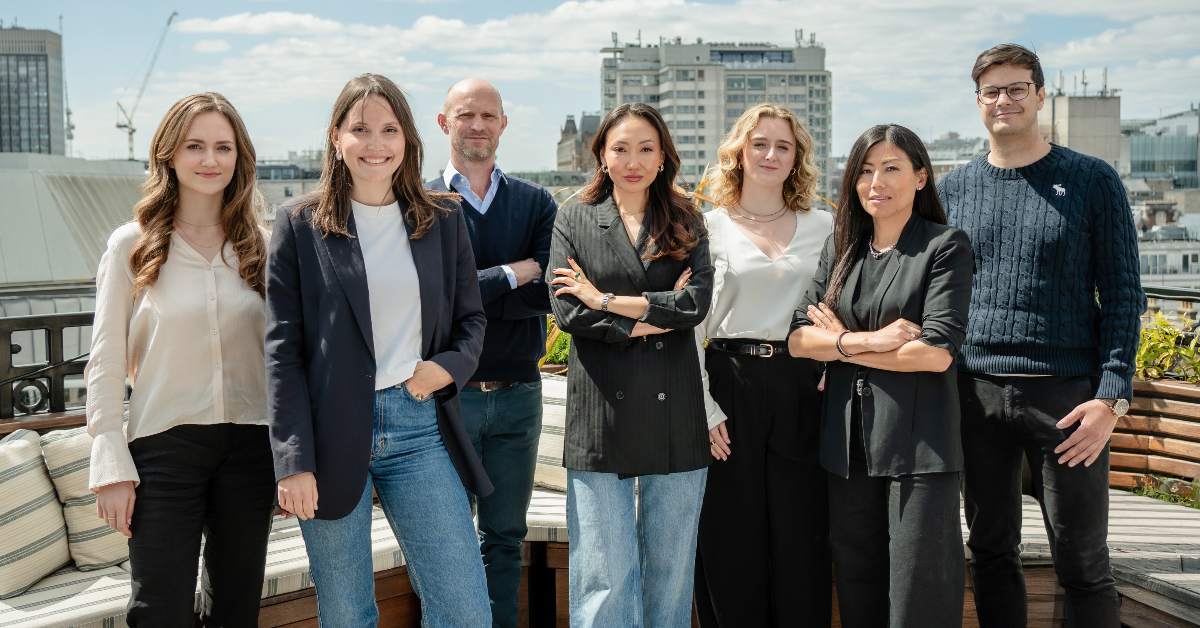
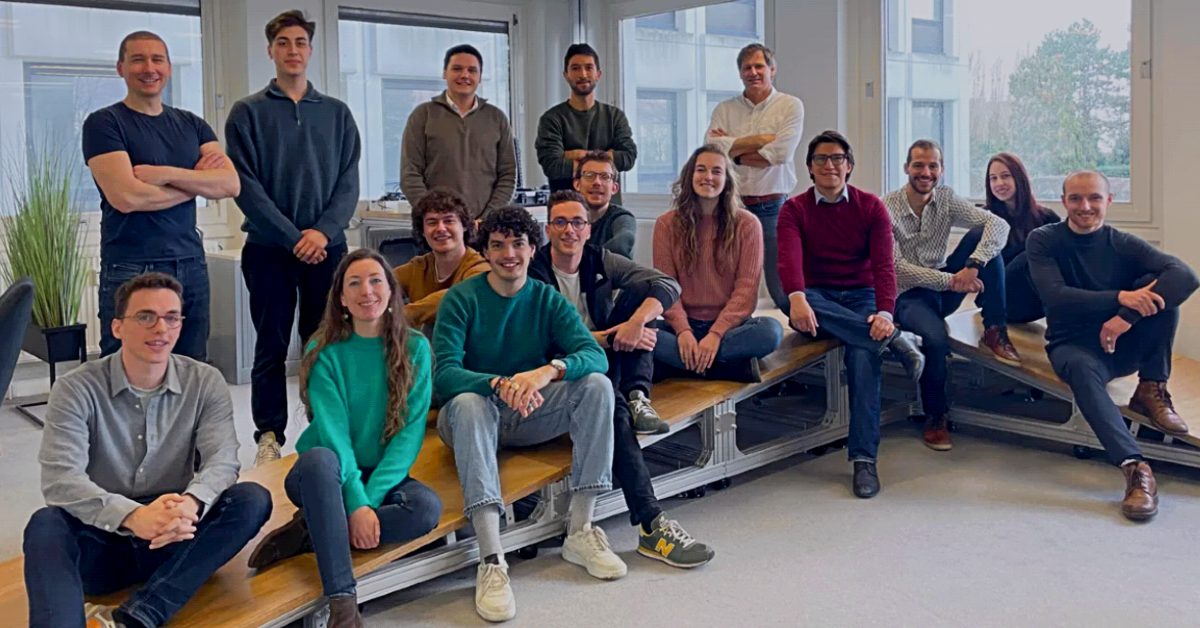
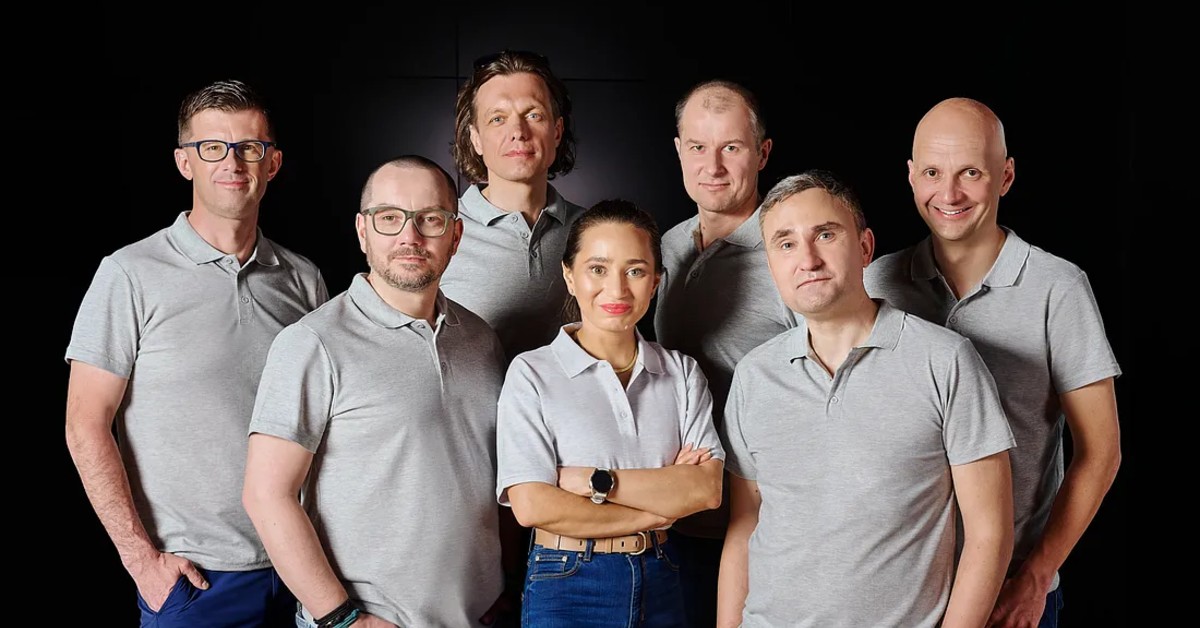

01
From Mexico City to Rotterdam: How the Dutch Startup Visa launched Estefania Hernandez’s HR tech revolution